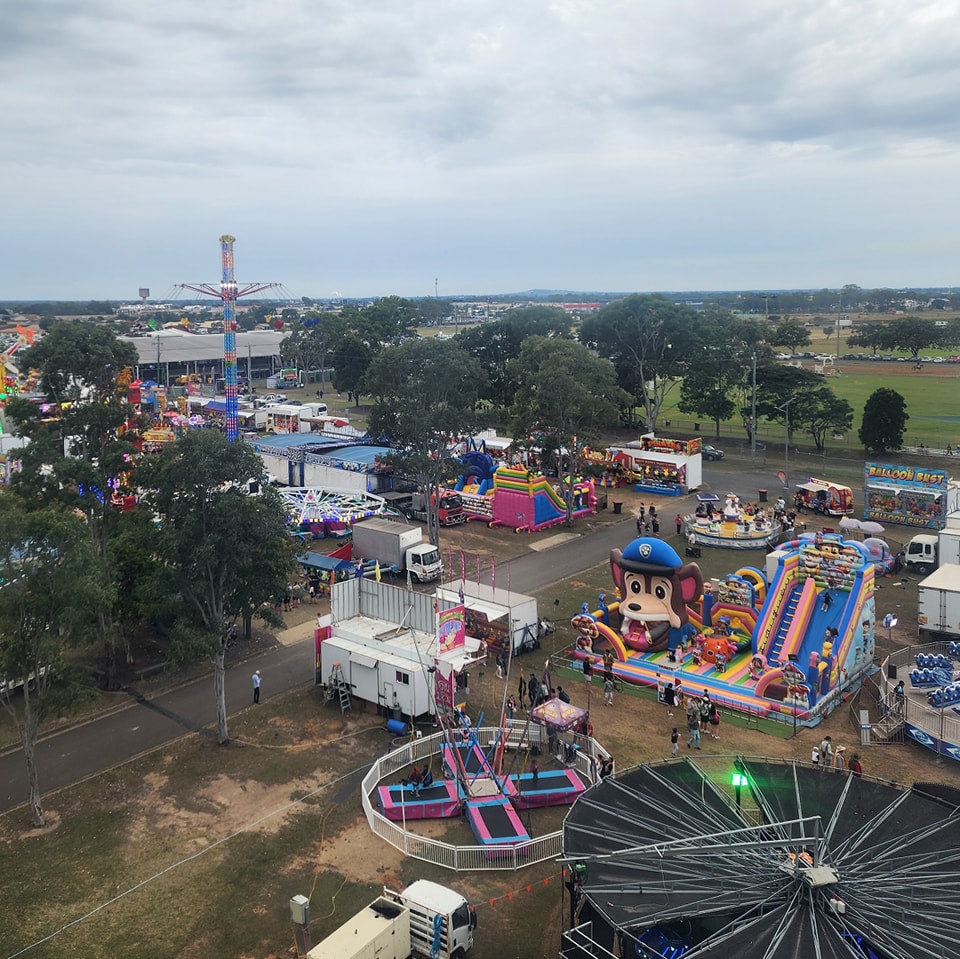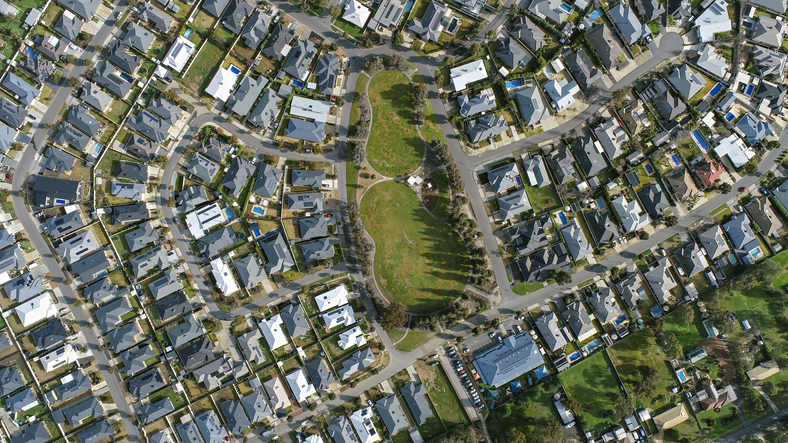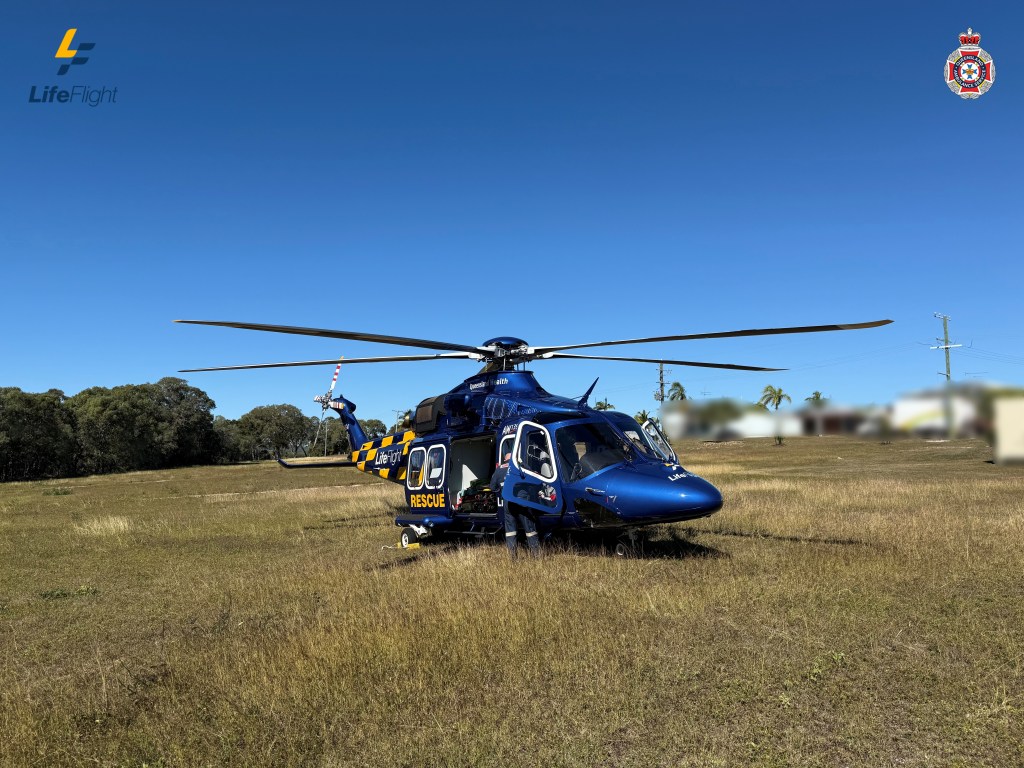Advertisement
Cyclone Season Tips

An Emergency Kit is an important step to prepare, survive and recover from an emergency and in that kit, you should have the following:
BEFORE THE CYCLONE
- Check your emergency kit is ready and nearby (see below).
- Tie down or pack away all outdoor items and furniture.
- Make sure your vehicle has a full tank of fuel and park under cover if possible.
- Ensure your boat and caravan are garaged or securely tied down to a solid anchor point.
- Have a portable phone charger ready to go! (in case you lose power).
EMERGENCY KIT CHECKLIST
- 10 litres of water per person (fill up the bathtub and buckets with clean water).
- Non-perishable food for at least three days.
- First aid kit and manual.
- Essential medications and prescriptions.
- Torch and spare batteries.
- Battery-powered radio.
- Waterproof jackets and closed shoes.
WHEN A CYCLONE IS APPROACHING
- Tape windows in a criss-cross pattern to reduce shattering.
- Disconnect all electrical appliances and external TV and radio aerials.
- Park vehicles under cover, away from trees, powerlines and waterways.
- Shelter in the strongest part of your house, usually a small room with minimal windows.
- Evacuate caravans and tents.
- If visiting the area, ask your accommodation provider for emergency procedures.
- Fill drinking containers and your bathtub with water in case water supplies are affected.
- Freeze water bottles to use as a backup if power is lost.
- Place important documents and valuables in waterproof containers and store them safely.
- Turn off and unplug all non-essential electrical equipment.
DURING THE CYCLONE
- Continue to listen to your battery-powered radio for all warnings and advice.
- Stay safe inside and keep calm.
- Shelter in the strongest part of the building. This is often the bathroom, toilet or hallway.
- Mattresses and blankets may protect you.
- Beware of the calm eye/centre of the cyclone – stay inside!
AFTER THE CYCLONE
- Stay well clear of fallen power lines and always assume they are live.
- Avoid floodwaters as they may be dangerous.
- Take care with electrical appliances that may have been exposed to water.
PREPARING FOR PETS
- Ensure pets have adequate food, water and any required medications.
- Keep them indoors or in a secure, enclosed area.
- Ensure pets are wearing identification tags.
- Have a pet carrier or leash ready in case of evacuation.
- Keep familiar items like blankets or toys to comfort them during the storm.






